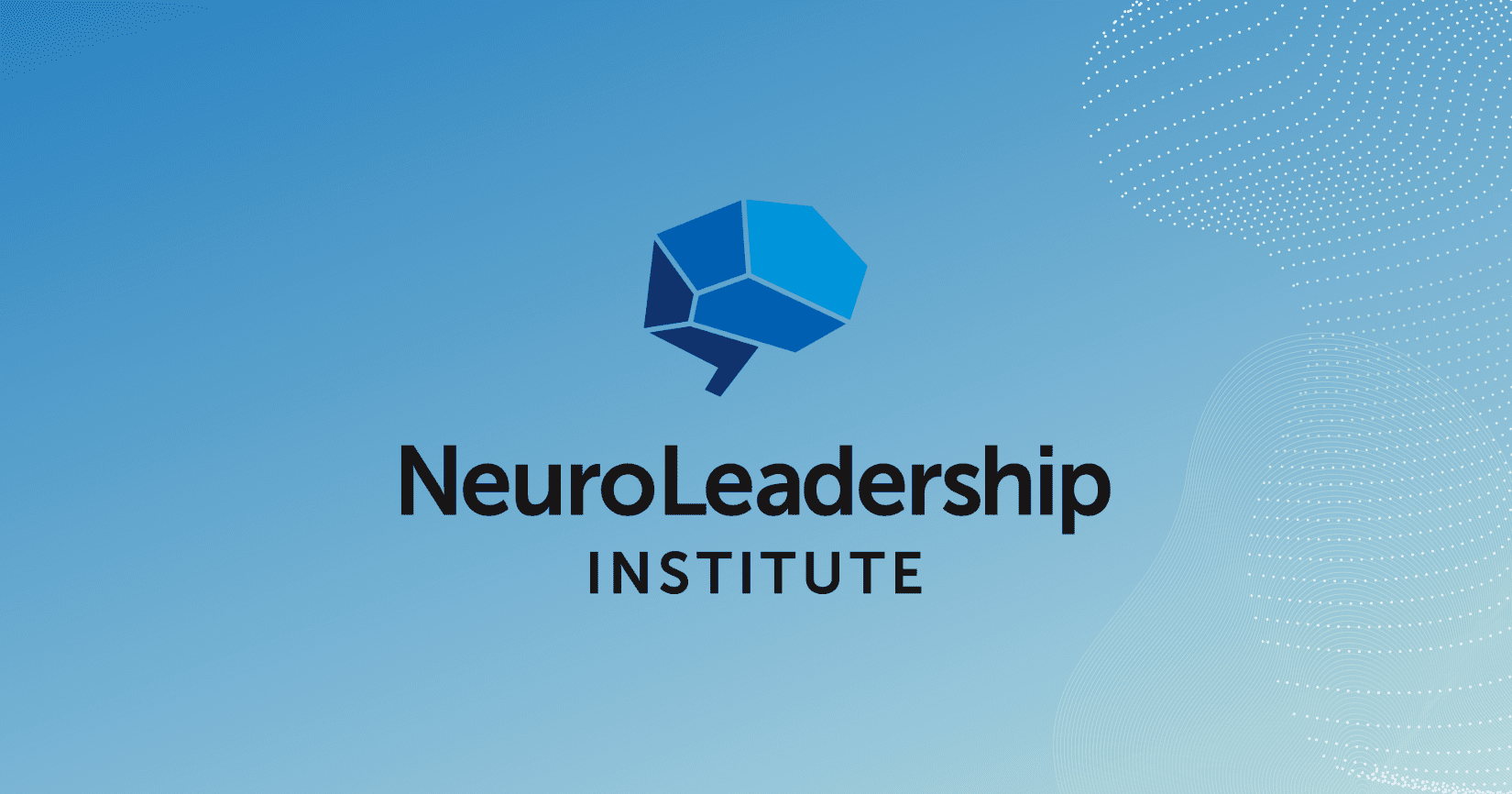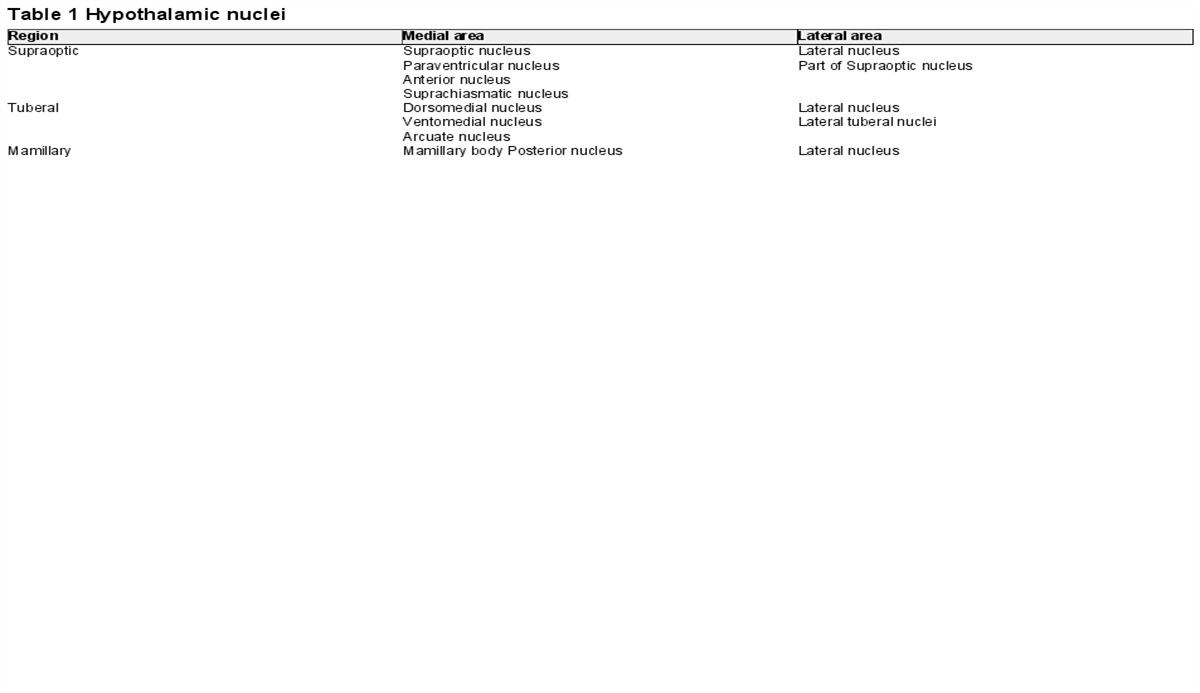This month I began a new journey with the NeuroLeadership Institute's Certificate In the Foundations of NeuroLeadership (CFN), and I want to bring you all along for the ride. This is the first in a series of posts where I will share takeaways from my learnings and their implications to real-world challenges of leading teams through change, conflict, and complexity.
I hope that these posts offer both insight and application for those of you leading through change, conflict, and culture. If this post resonates with you, feel free to leave a comment or pass it along to a colleague so they can share in the benefits too.
The Brain Has Something to Say About Leadership
This week, we took a tour of the brain, not just anatomically, but behaviorally. And here's what landed with me most:
The way we react, relate, avoid, control, or connect is deeply rooted in brain structures and chemistry. If we're trying to change behavior, we have to understand the wiring.
In my work, I work with leaders navigating complexity. While I often lean on systems thinking and coaching tools, this new training offers a powerful new lens.
Why We React Before We Reflect
One of the clearest insights came from understanding the roles of two key brain systems:
- The limbic system (especially the amygdala) reacts fast; scanning for threat, triggering emotion, tagging memory.
- The prefrontal cortex thinks slow; planning, regulating, reflecting, and deciding.
Our biology sometimes gets ahead of our intention. That's why even high-functioning teams can default to instinctive reactions when under pressure. The takeaway? Creating space for reflection isn't just a leadership preference; it's a biological necessity.
Why Emotion Is the Backbone of Behavior
The limbic system doesn't just react; it remembers and links emotion, motivation, and memory. And that makes this old truth even more powerful:
In organizational life, people remember the feeling in the meeting, not the minutes. They remember the tone of the decision, not the rationale. Emotions are data, and they shape behavior in quiet, persistent ways.
Habits Are Hardwired Yet Changeable
We also explored the basal ganglia, the brain region that governs routine behavior. This helped me reframe something I see: Many unhelpful behaviors (e.g., micromanaging, conflict avoidance, staying siloed) are not about intent. They are wired habits, reinforced over time. Understanding this offers two insights:
- It normalizes how hard change can be.
- It reminds us that rewiring behavior takes practice, not just insight.
Why All of This Matters for Your Leadership
Leadership is not only people skills and know-how, but also about rewiring behavior:
- Designing for emotional regulation
- Creating environments where reflection is possible
- Holding space for safety and change
- Acknowledging that change management is psychological AND physiological
This reframe allows us to be more compassionate about default behaviors we might see and more rigorous about the conditions needed for engaging in the people side of change management. Try some of these actions with your team and let me know what shifts in your team.
- Normalize reactivity. Share the fast brain/slow brain insight with your team. Acknowledge that under pressure, anyone can default to instinctive patterns.
- Reflect together. Use this prompt in a team check-in: "What helps you shift from reactivity to reflection?"
- Design for the emotional field. At your next meeting, name the tone to open space for emotional regulation and shared insight.
- Rewire with intention. Pick one team habit you want to shift (e.g., interrupting, staying siloed). Make the shift small, visible, and practiced consistently.
What's Next
In the coming weeks, I’ll share additional insights about how the brain handles collaboration and feedback, and more paired with practical tips and tools for systems and team development. Let me know what resonates, or what you're curious about.
Until then, may you have moments of reflection and lead with the full awareness that your brain is always in the room with you.
Further Exploration








